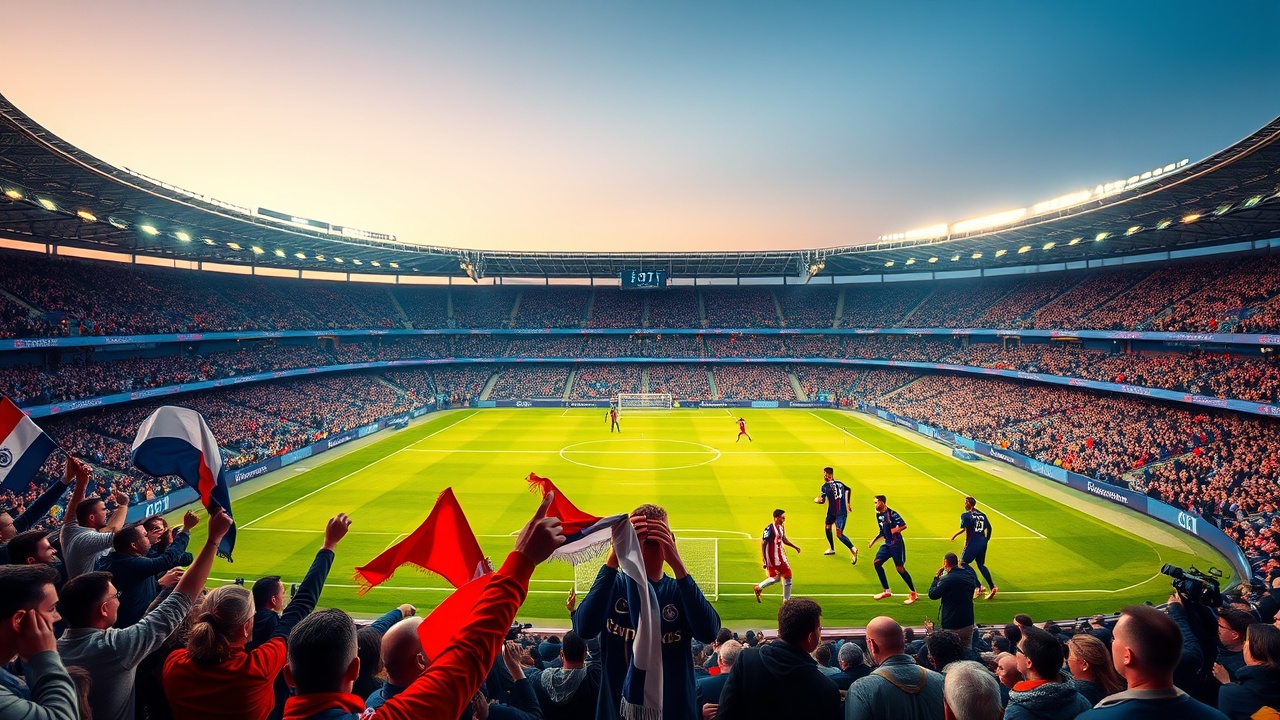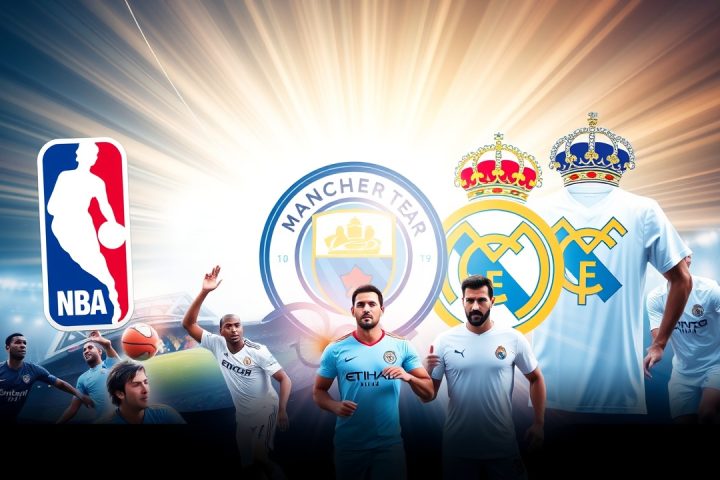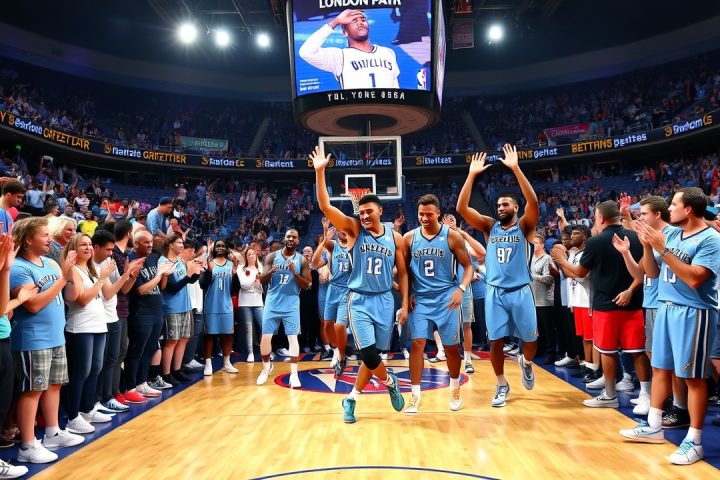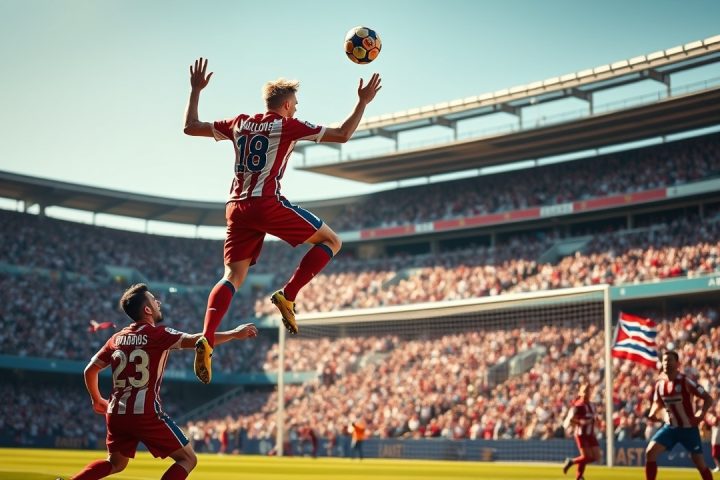Inter Milan’s Pinnacle Ambition
For the players and coaches of Inter Milan, their aim to secure victory in Saturday’s Champions League final represents a pinnacle achievement in their careers. Many within the club cherish memories of past triumphs in 1964, 1965, and 2010, which have shaped Inter’s legacy. In contrast, Paris Saint-Germain (PSG) is vying for a success that has eluded them historically. Although several PSG players have participated in previous finals and some hold winners’ medals, the club itself has never crossed the ultimate finish line; their only near success came during the 2020 final when they lost to Bayern Munich in a match played under pandemic restrictions in Lisbon.
PSG’s Journey and Ambitions
PSG’s journey to the Champions League is not unique but resonates with the stories of Chelsea and Manchester City—two clubs that transformed from historically underperforming teams to footballing powerhouses following significant financial investment. Like Chelsea in 2012 and City in 2023, PSG has dominated the domestic scene, boasting players of remarkable talent and top-tier coaching. However, the coveted Champions League trophy remains an elusive goal.
Former players like Thiago Silva and Ander Herrera have expressed how critical this competition is to the club’s identity, with Herrera stating that failing to win it would be viewed as a failure. Maxwell, another ex-PSG player, remarked on the club’s fixation with the Champions League without establishing a strong foundation for success.
Currently, PSG attempts to promote an image that the Champions League is not their ultimate objective, even though it has been a driving ambition in the past. Achieving victory this year would serve as a validation for their recent strategy of prioritizing young, local talents over high-profile signings.
The Burden of Champions League Aspirations
The allure of the Champions League has historically been a burden for clubs suffering past disappointments. Take FC Barcelona: the European Cup became a significant goal for them by 1992, not just because of their long history of unsuccessful campaigns but also due to the comparative success of rivals like Real Madrid. Early stumbles haunted them, including a heartbreaking final in 1986 where they famously lost in a disastrous penalty shootout against Steaua Bucharest, prompting a psychological weight that lingered for years.
This anxiety dissipated, however, in 1992 when Barcelona finally conquered their long-standing nemesis, securing the trophy at Wembley with Ronald Koeman’s crucial free kick. The victory signified a monumental release for the Catalan club, one that had chased this honor for decades.
The emotional liberation was compounded by the prior public promise made by Joan Gaspart, who humorously suggested he would jump into the Thames if they were champions; the promise was fulfilled in a moment of jubilant triumph.
Dortmund’s Unanticipated Triumph
Contrastingly, Borussia Dortmund’s victory in 1997 marked a different narrative. The team emerged from relative obscurity, having only recently stabilized financially and sporting-wise, to achieve their first Champions League title against Juventus. Their win was devoid of public expectation; few believed in their potential, yet they shocked the world with a decisive 3-1 victory, cementing this achievement as the apex of Karl-Heinz Riedle’s career.
For Dortmund, this win was more than a trophy; it represented a triumph for a working-class community that had often felt surpassed by Germany’s footballing elite. Riedle recalled how important football was to the local populace, underscoring that for Dortmund, this victory altered the landscape of German football, challenging Bayern Munich’s dominance.
The Future of PSG
Should PSG triumph, they would not be the first French club to lift the Champions League trophy—Marseille’s victory in 1993 remains clouded by controversy stemming from a match-fixing scandal leading up to the final. This added complexity to their achievement which had already catalyzed a revolution in French football, influencing a generation of players and setting the stage for France’s footballing renaissance, most notably seen during their 1998 World Cup victory.
While a PSG victory would not carry the same historical ramifications as Marseille’s win, it would undoubtedly mark a significant milestone for a club long ambivalent towards the prestige of the Champions League—a title that could shift their narrative from one of frustration to fulfillment, offering lasting satisfaction for both the club and its devoted fanbase.




